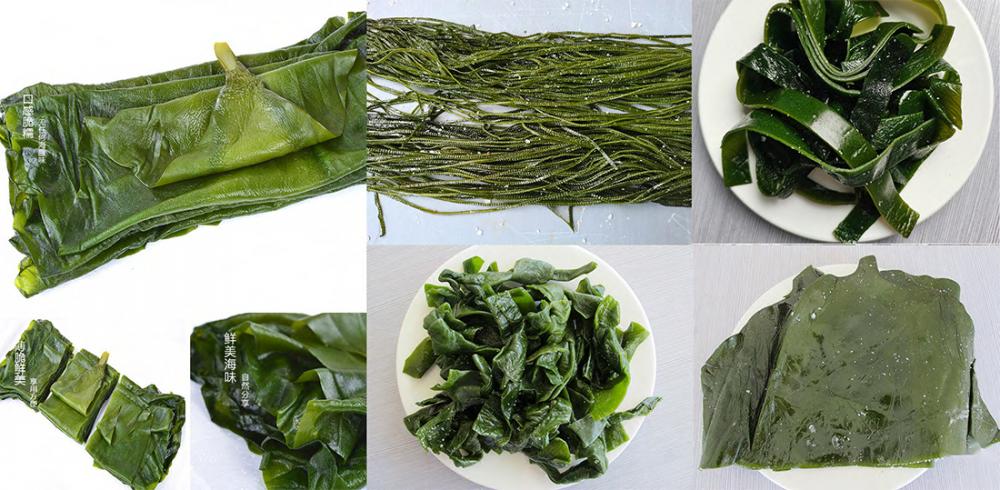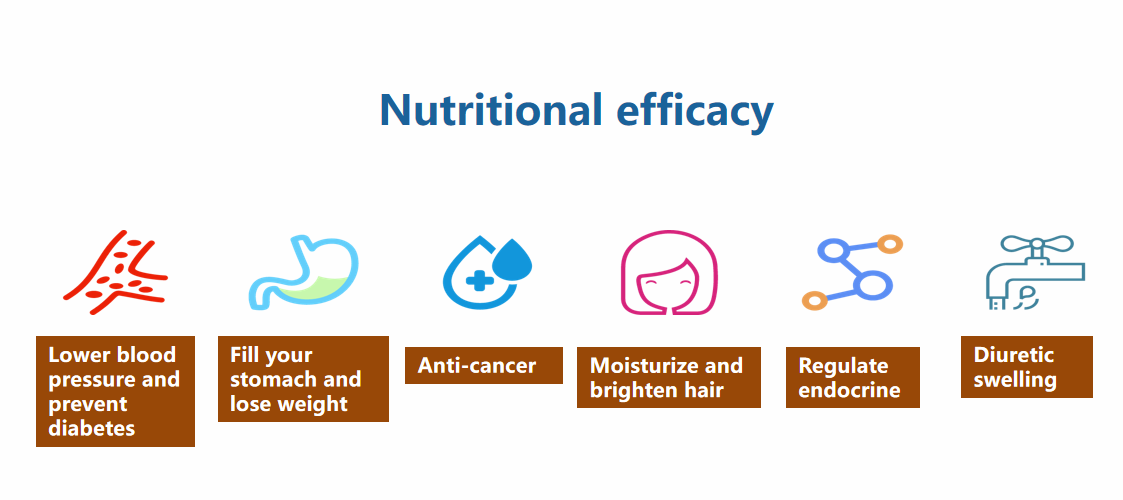Although some wild vegetables have obvious wild characters, strong adaptability, and rapid and easy germination, most of the dilute special vegetables still need to be seeded before sowing, so that germination and emergence will be neat and tidy, and it is easy to maintain the whole seedlings and reduce the management of seedlings. .
(I) Soaking Most of the seeds should be soaked before sowing and germination to fully satisfy the moisture needed for the germination of the seeds. Soaking time and water temperature vary depending on the type. The thickness of the seed coat is different from that of water absorption. Soaking time should be appropriate, too short, lack of water absorption of seeds, can not achieve the purpose of soaking; too long, it will lead to extravasation of nutrients within the seed, and even cause the seed to suffocate death. Soaking water temperature is generally 30 ~ 40 °C. The asparagus seed skin is thick and hard, and the water absorption is difficult. The soaking takes 3 days and nights; the bitter gourd seeds must first be soaked in a warm soup at 55-60° C. for 30 minutes and then soaked in 30° C. water for 4-8 hours. Broccoli and other cruciferous vegetables, such as broccoli, do not generally need to be soaked. If soaked, they should not exceed 2 hours. After soaking, wash the impurities and attachments on the outside of the seeds and then germinate.
(b) Germination Seeds require a certain temperature, humidity, and air conditions during germination. In the cultivation, the germination process should be carried out in order for the seed to emerge quickly. Germination should pay full attention to meet the above three conditions. The origin of various rare vegetables is different, and the required germination conditions are also very different. General cold resistance of rare vegetables such as root celery, burdock and other suitable temperature for germination 15 ~ 20 °C, less than 15 °C germination is slow, poor uniformity; higher than 25 °C, the germination rate decreased significantly. The proper temperature for sprouting of the cabbage is 20-25°C. Bitter gourd, winged bean and other thermophilic vegetables have higher germinating temperature and the optimum temperature is 25-30 °C. During the germination process, especially in the winter and spring cold seasons, adequate temperature conditions should be maintained. It is generally best to germinate in an incubator.
During germination, water should be sprayed every day as appropriate to maintain the moisture level of the seeds and not to make the buds dry to death. At the same time, it should be turned frequently to promote air circulation.
Many rare vegetables sprout for a long time and the buds are not neat. For example, asparagus takes 10 days and bitter gourd takes 3 to 4 days. When germination, about 50% of the seeds germinate and should be sown. Do not wait until the buds of the early buds are too long and affect the emergence.
(3) Dilute special vegetables with severe pests and diseases at seedling stage should be disinfected before sowing. In order to prevent the occurrence of damping-off during the seedling stage, carbendazim soaking or seed dressing can be used before sowing.
Disclaimer: Some articles in this website have been transferred from the Internet. If you are involved in third party legal rights, please inform this website. phone
Salted Kelp Strips
The so-called original ecological kelp means that we pack the young kelp with saturated salt water directly after washing without any preservatives.Original ecological products are the favourite of housewives.
Salted kelp:
How to eat:
- Soaking about 30 minutes to moderate salty
- Cook . make salad or add to hot pot after draining the wate

The difference between deep sea kelp and traditional ordinary kelp
Nutrational Effects

Salted Kelp Strips,Seaweed Organic,Kelp Foods,Kombu Seaweed
Shandong Haizhibao Ocean Science and Technology Co.,Ltd. , https://www.haizhibaoseafood.com